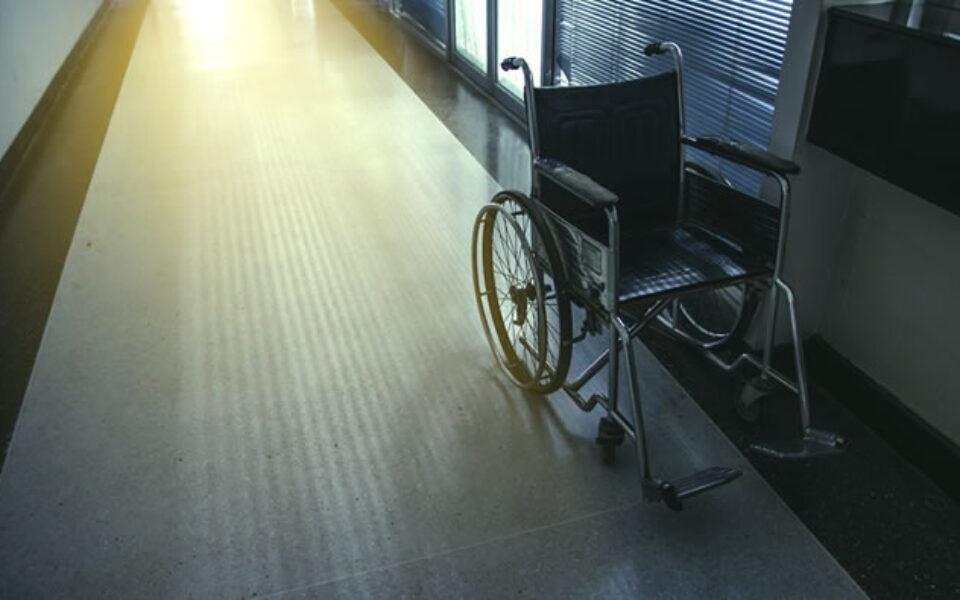Skilled Nursing Facilities: Avoiding Common Pitfalls with Medical Equipment Rentals

Skilled nursing facilities have experienced tremendous financial strain over the past several years. Shrinking reimbursement, rising labor costs, and a multitude of other factors have in turn diminished operating margins. Most providers are keeping a close eye on costs to preserve the razor thin profit margins they may have (if they have any at all). Providers pay particularly close attention to the usual suspects — labor, pharmacy, therapy, etc. However, one area that may slip through the cracks and not garner as much attention as it should is medical equipment/supply rentals. Without the proper oversight in place, this is an area that can lead to waste and excessive spending.
Every provider and their patient population are unique, and there are many factors that need to be considered when contemplating renting medical equipment and supplies and managing this function. Thus, the potential for an oversight to occur at any stage of this process is common.
First, should you rent the equipment at all? It may be less expensive in the long run to purchase the item. The cost of renting may exceed the cost of an outright purchase many times over. Factors that need to be considered are frequency of use, volume, estimated useful life, and frequency of replacement.
Next, there are many types of rental agreements with varying cost structures and billing options. However, the burden of terminating the arrangement and any future obligation to pay is usually the provider’s responsibility. Termination normally involves the return of the equipment and (or) notification. Often, the provider is charged a daily rate for the rental, and the need may be for a specific resident. Thus, if a provider doesn’t immediately send notification and return the equipment upon discharge of that resident, charges will accrue for a rental that is no longer needed. Many common rentals can exceed thousands per resident per month, and the costs add up quickly. Therefore, it is extremely important that the provider manage this process effectively.
Additionally, it’s common for a resident to be transferred to a hospital or another healthcare provider. Under these circumstances it is important that any rentals in use be removed and retained by the skilled nursing facility. Otherwise, the rental may be transported with the resident, and the provider will have to recover the equipment from the new facility (good luck), or pay to replace the equipment.
The complexity and difficulty in managing this process will vary, depending on the size of your organization and specific circumstances. However, certain elements are essential for all providers to enable them to efficiently and effectively manage the medical equipment rental function:
- Analysis of buying vs. renting: Conduct a benefit analysis of renting v. buying, taking into account your needs, frequency of use, estimated useful life, and frequency of replacement. Circumstances such as minimal cash resources and the ability to access financing may restrict the options available to you. However, conducting the analysis will provide the information necessary to evaluate each scenario.
- Monitoring: Review and enhance (as needed) the systems for monitoring equipment rentals. Designate an individual to oversee the equipment rental process. This individual will be the liaison with the equipment rental company and obtain and maintain up-to-date rental information (daily or weekly). In addition, the individual will coordinate alignment of the information with the operations and clinical teams to ensure they are accurate.
- Transport: Review and enhance (as needed) procedures surrounding the transport of residents. Thus, the provider can mitigate the occurrences of lost equipment and costly replacement fees.
As discussed above, reviewing your medical equipment rental process and enhancing controls can help eliminate excess costs and waste. Although the impact on your budget may be less significant than some other areas, in these challenging times for the industry every dollar counts!


















